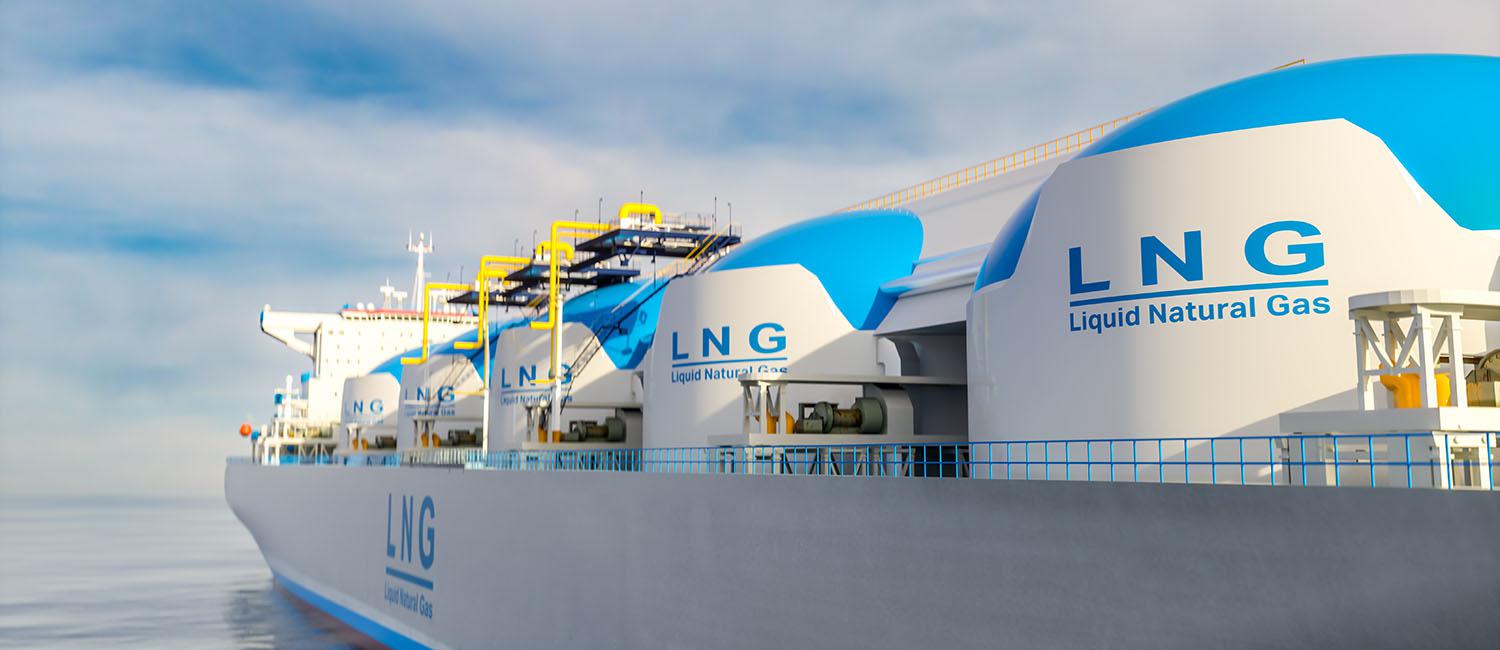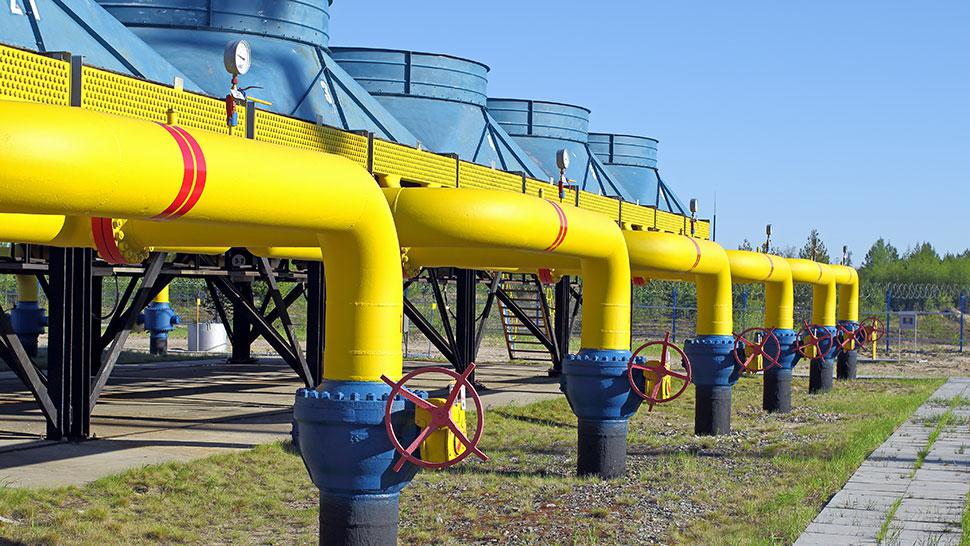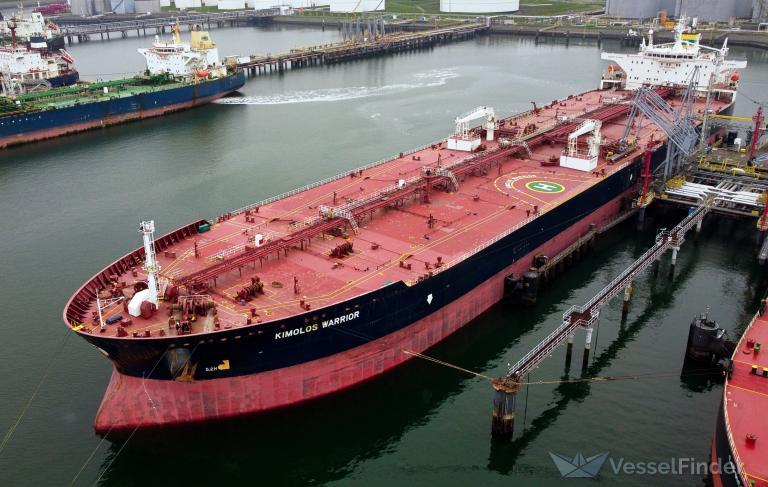Liquefied Natural Gas (LNG) is a cryogenic liquid form of natural gas, primarily composed of methane, that has been cooled to approximately -162 degrees Celsius (-260 degrees Fahrenheit) to facilitate storage and transportation. This process reduces the gas's volume by about 600 times compared to its gaseous state, making it highly efficient for shipping across long distances where pipeline infrastructure is unavailable. LNG is transported in specialized insulated tankers and can be regasified at its destination for use in power generation, heating, and as a cleaner alternative to other fossil fuels. As global energy demands grow and the push for cleaner energy sources intensifies, LNG has emerged as a pivotal player in the transition to a more sustainable energy future. The LNG industry encompasses extraction, liquefaction, transportation, and regasification processes, all of which require advanced technology and strict safety protocols to ensure environmental protection and energy security.


